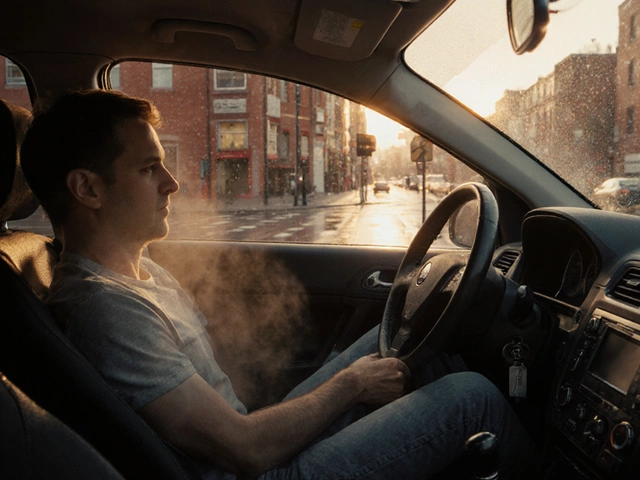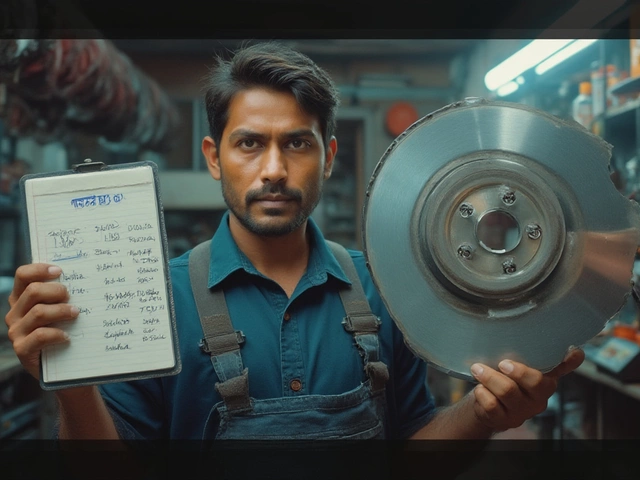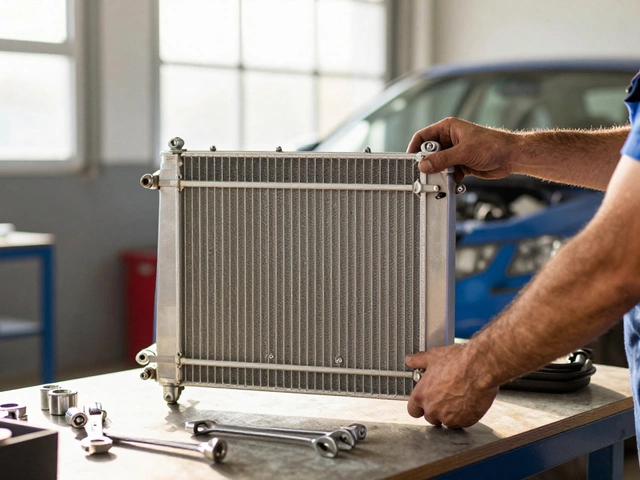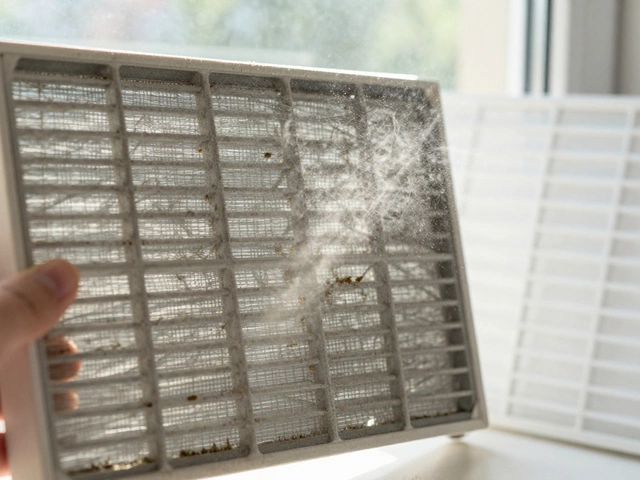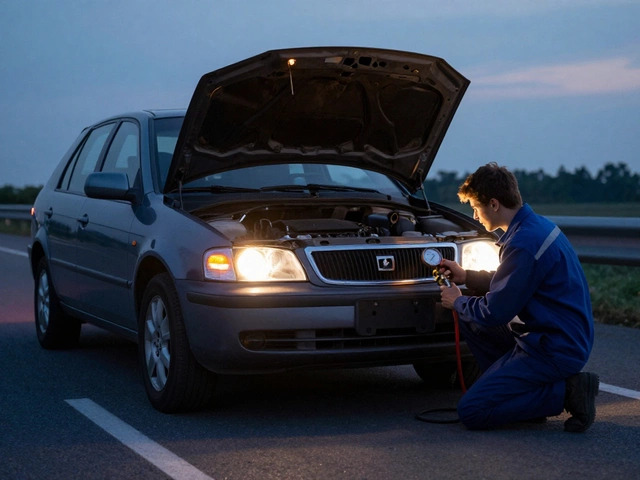
Worn Brakes: Signs, Risks, and What to Do Before It's Too Late
When your worn brakes, the degraded condition of brake components that reduce stopping power and increase accident risk. Also known as failing brake system, it doesn't always scream for attention—sometimes it just whispers with a squeal or a vibration you learn to ignore. But ignoring it isn't just risky—it’s a gamble with your life and everyone else on the road.
Brake pads are the first to go. Most people don’t check them until they hear that high-pitched screech, but by then, you’re already grinding metal on metal. That’s not a warning—it’s a last call. brake pads, the friction material that presses against the rotor to slow the vehicle wear down over time, and when they’re gone, your brake rotors, the discs that the pads clamp onto to create stopping force start getting damaged. Replacing a rotor costs three times as much as replacing pads. And if you keep driving? You risk warped rotors, brake fluid leaks, or even total brake failure.
It’s not just about the pads. Worn brakes often mean worn calipers, damaged brake lines, or low fluid. You might notice the pedal sinking, the car pulling to one side, or a burning smell after stopping. These aren’t "normal"—they’re red flags. A study by the National Highway Traffic Safety Administration found that brake-related issues contributed to over 150,000 crashes in the U.S. alone in 2022. Many of those drivers ignored the signs for months.
What you hear, feel, and smell matters more than your odometer. A car with 50,000 miles might have perfect brakes. Another with 30,000 miles might be dangerously close to failure. It all depends on how you drive. Stop-and-go city driving? Heavy loads? Frequent hard braking? That wears brakes faster than highway cruising. And no, "I’ve never had a problem" isn’t a maintenance plan.
You don’t need to be a mechanic to spot trouble. Look for thin brake pads—less than 3mm is time to act. Listen for chirps or grinding. Feel for pulsing in the pedal. Smell for that hot, metallic odor after parking. These aren’t mysteries—they’re simple clues. And they’re all covered in the posts below.
Below, you’ll find real guides on how to tell if your brake pads are worn out, what brake pad replacement actually costs in 2025, and why driving with bad brakes is more expensive than fixing them early. No fluff. No sales pitches. Just the facts you need to keep your car—and your family—safe.
-
23 Mar


